These medications are used to fight infections; however, taking them can cause reactions such as diarrhea, stomach pain, or vomiting. Here are some tips to avoid these discomforts. Antibiotics are drugs used to treat infections caused by bacteria. Their main function is to eliminate them and prevent their reproduction in the body. Although they are important for improving health, they can cause discomfort that affects the digestive system.
Using antibiotics, especially broad-spectrum ones, can damage the intestinal flora because the function of the medication is to eliminate bacteria from the body, but it does not distinguish between good and bad bacteria.
Therefore, consuming it creates an alteration in the intestinal flora, because, in addition to fighting the bacteria that cause an infection, it also eliminates some that are beneficial for the body. This alteration can take months or years to rebalance.
According to endoscopist Héctor Luna, the absorption process of the medication begins in the stomach. When the pill dissolves, the pure antibiotic comes into contact with the mucosa and reduces the natural water and bicarbonate barriers that it has on top to protect itself, then it leaves the mucosa exposed and that is when stomach acid enters and causes discomfort such as nausea and diarrhea.
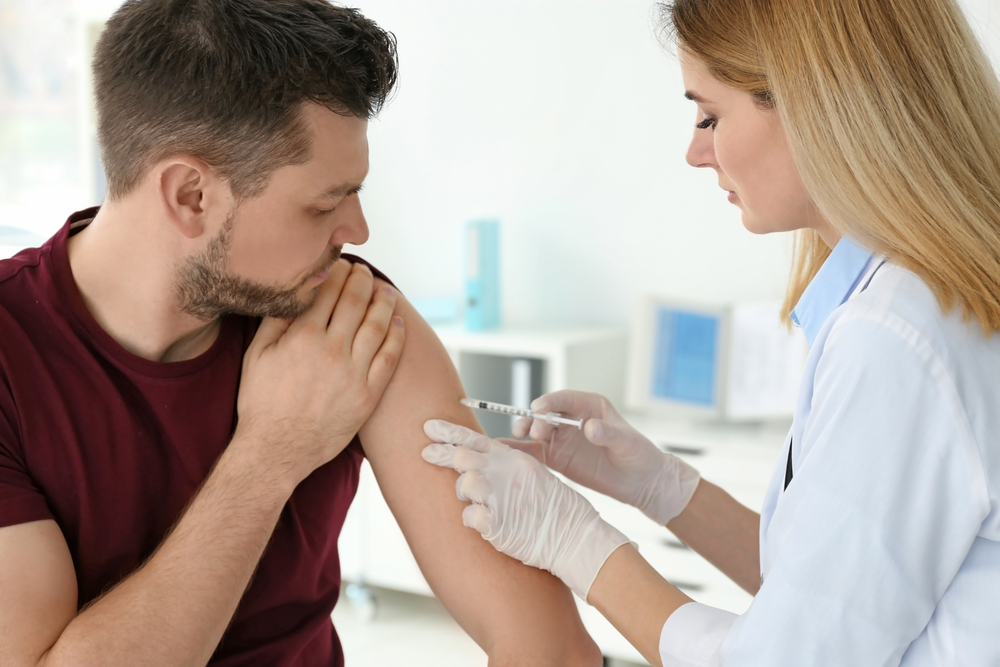
Luna says that antibiotics such as metronidazole and clarithromycin are gastro-injurious and cause secondary problems in most people. On the other hand, penicillins such as amoxicillin, which are harmless to the stomach, are considered problem-free.
In addition to antibiotics that are administered orally, some are administered by injection. These do not cause any damage to the digestive system since they do not pass through there. “In addition, the distribution is faster, it will reach blood concentrations faster,” says the professional.
Symptoms
When an antibiotic causes damage to the intestinal flora, one of the main peptic symptoms is pain in the pit of the stomach, which indicates gastritis. Nausea, vomiting, diarrhea and, sometimes, bleeding in the stool are also experienced.
“It is important to pay attention to the color of the stool when there is bleeding because its color tells us where it originated. That is, if it is black, the bleeding comes from above the stomach or esophagus. When it is red, it is because the bleeding is near the colon,” says Luna.
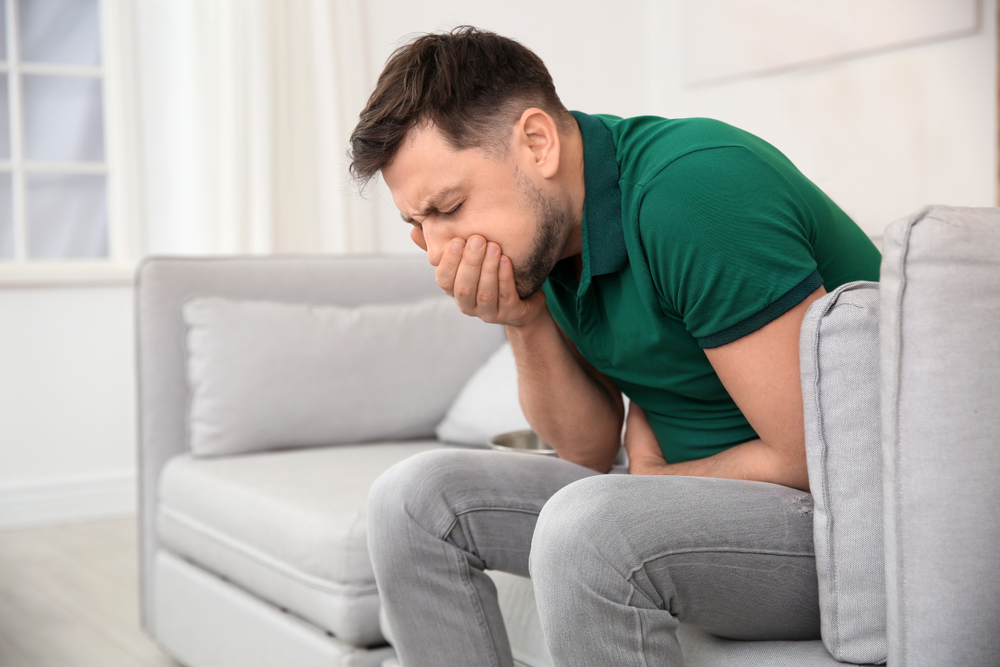
According to the professional, there are no specific characteristics that indicate that a person could suffer from these symptoms when taking antibiotics. Basically, doctors, when deciding which antibiotic to prescribe, weigh up the risks and benefits that the medicine entails.
That is, they analyze whether the patient should suffer from short periods of nausea or diarrhea caused by the antibiotic, or for the infection to continue and cause more serious problems. It is important to consider that all those who have suffered from some gastrointestinal disease are more prone to suffer from these problems. However, there are some ways in which you can strengthen the intestinal flora and the digestive system.
How to protect the digestive system
Since antibiotics eliminate bacteria from the body, it is best to consume them to reduce the likelihood of suffering from the symptoms mentioned above. As well as having good physical activity and a balanced diet.
Antacids
Stomach acid helps digest food, invades the mucosa, and creates discomfort in the digestive system, so one of the recommendations is to consume antacids while regulating intestinal flora.
“If you are taking metronidazole or clarithromycin, it is best to take antacids or sucralfate to protect your stomach from injury. Sucralfate is a suspension that protects the mucous layer of the stomach when taken, creating a protective layer so that it does not erode or cause ulcers,” says Luna.
The doctor says that it is recommended to take antacids when antibiotics have been prescribed for a long time. Among the most recommended are esomeprazole or pantoprazole.
Probiotics
Probiotics are foods that contain microorganisms that normally live in the intestines. According to nutritionist Jessica García Porres, these good bacteria will help reduce the side effects of antibiotics, so they should be taken a few hours after the medication to prevent them from being eliminated.

“For example, yogurt, you consume it after your antibiotic. In the next pill you have to take, when it dissolves in your stomach, this organ will have a layer of yogurt that will reinforce the gastrointestinal tissue,” says García Porres.
Yogurt is one of the foods that have the most probiotics, preferably natural, without sugar or coloring, as well as kefir, a drink obtained from the fermentation of a fungus that looks like cauliflower, and water is added.
Pickled foods, such as olives and gherkins, also increase intestinal biodiversity, including yeasts and lactic bacteria that provide nutritional value. According to experts, what needs to be paid attention to is salt consumption, so that it does not become harmful to health.
Prebiotics
Prebiotics help the proliferation and growth of good bacteria. According to the Mayo Clinic portal, these are foods that are used to improve the balance of good bacteria in our body.
The advantage of these microorganisms is that they are found in foods with high fiber and resistant starch content, such as bananas, asparagus, onions, garlic, and artichokes, which makes them easy to include in the diet. The carbohydrates they contain are not digestible by the body, so they become food for bacteria and other healthy microbes.
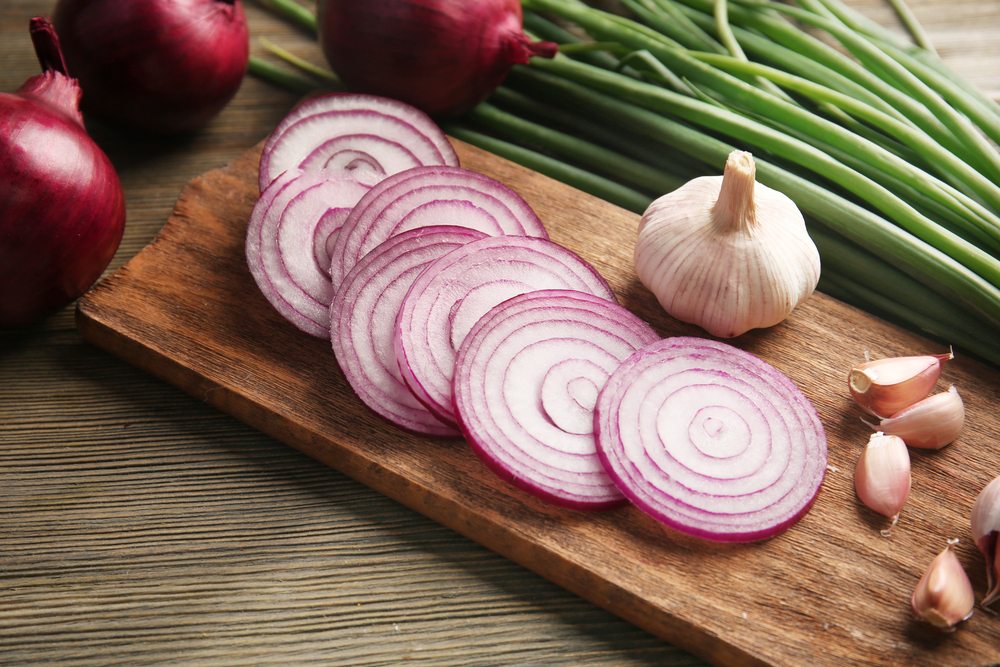
Many prebiotic foods are dietary fibers so it is recommended to consume them in moderation to avoid bloating.
Balanced diet
A balanced and varied diet will ensure that you have fewer chances of suffering side effects from antibiotics because your digestive system will be strong and have enough defenses to continue fighting bacteria.
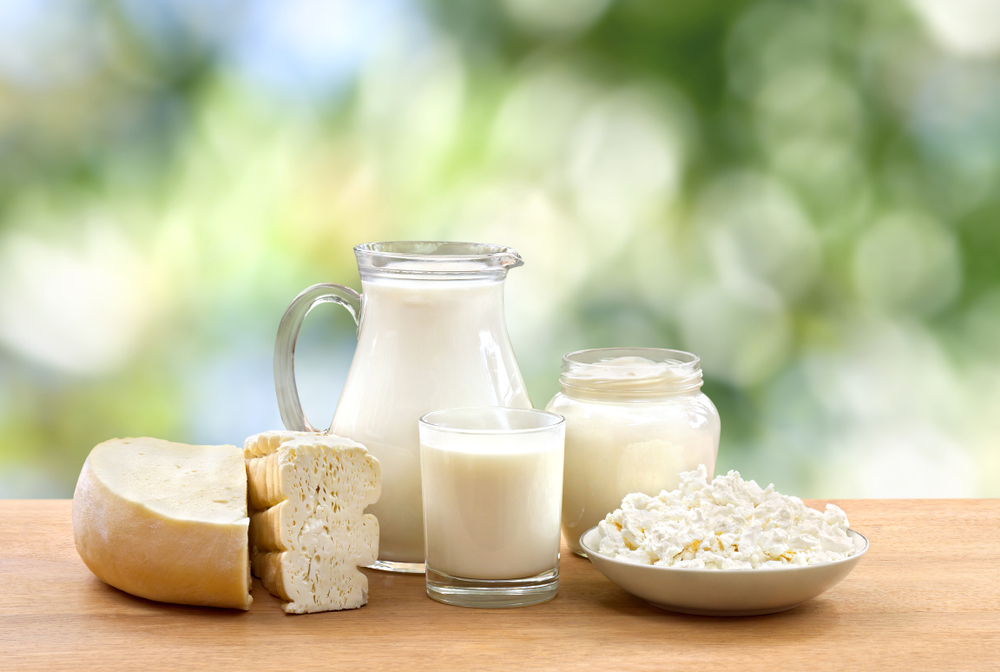
García Porres indicates that, while taking antibiotics, it is not advisable to consume irritating foods such as chili, excessive fat, dairy products, and eggs. It is important to take care of your diet from the first day you take the medication.
The professional recommends that while undergoing treatment, it is advisable not to consume alcoholic beverages, carbonated drinks, coffee, and juices with sauce because they could reduce the effect of the antibiotic.









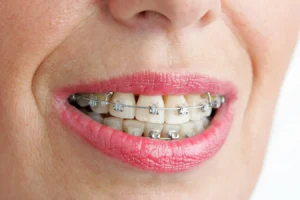











+ There are no comments
Add yours